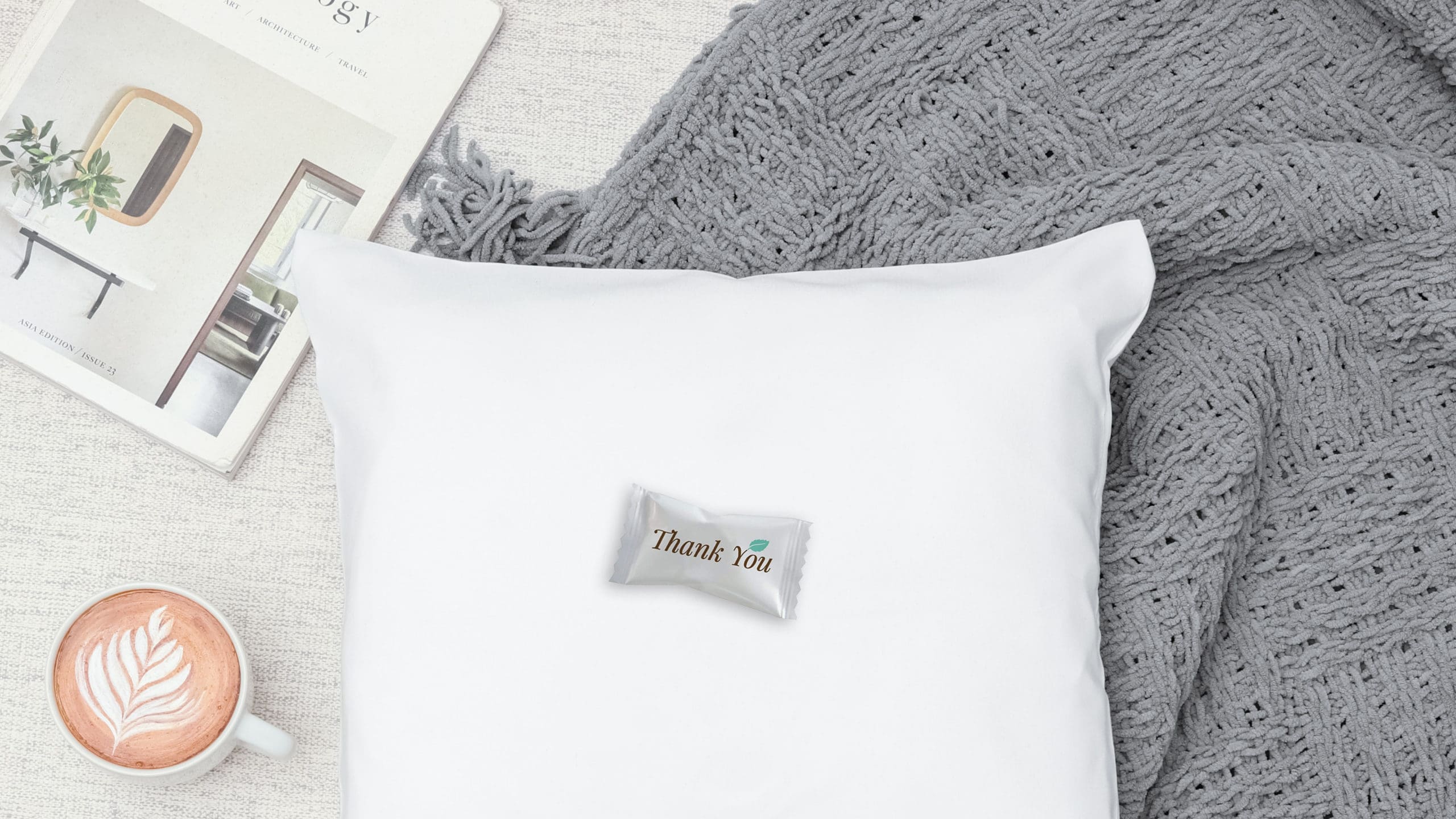Published by
To Take Experience Seriously, Healthcare Must Learn from Unexpected Industries
When I began working in healthcare [number redacted to protect my ego] years ago a provider said: “hospitals are just really expensive, really [expletive redacted to protect my job] hotels when you think about it.” Everyone that heard it just sort of shrugged and accepted the comparison. Why did we all so readily accept that a patient’s experience in our care had to be sub-par?
Risk-Aversion
Business professors like to talk about coin flips and betting. (Which is telling, but that’s another article). It’s a simple way to talk about levels of risk. The required payoff of a coin flip (50% chance of success) tells you how much risk someone is willing to tolerate. If the bet is $1 and the payoff is $2 a risk-neutral person will take the bet. Mathematically your potential reward ($2 times .5 chance positive outcome = $1) is the same as the investment. A risk-averse person needs more incentive to play.
As I bounced around the healthcare industry over the years that off-hand hotel comment stuck with me along with the one lesson I remembered from business school. Slowly those came together, and I understood. When the defining principle of your industry is “do no harm” you’re going to be cautious by nature. When the prospect of a never event looms over your institutional existence leaders are going to make safe choices. When margins are tightening investments must be prioritized. Healthcare is a perfect storm of risk-aversion.
Losing a life is infinitely worse than losing a dollar. Changing something that has worked in the past isn’t guaranteed even a 50% chance of success. Put those two together and it’s easy to see how accepting reality is easier than changing reality. If we’re going to dedicate resources to a change, we need more payoff than mints on pillows can provide. (Plus, that would just be another potential allergy interaction to track.)
New Forces Change the Equation
The shift to Value Based Care and the rise of Consumerization change the value proposition of taking a risk on these seemingly small patient experience opportunities. Value Based Care requires us to think about the entirety of a patient’s experience. We’re not just a hotel that heals, we need to be the patient’s partner throughout their entire lives. That new way of thinking will require digital experiences. That’s a big change, but the payoff is our continued existence.
Consumerization is all about choice. For most of the lives of Gen X’ers and older we largely went to “the doctor.” That choice was largely tied to geography. A patient can now turn to our competitors (including fast-rising entrants like CVS or Amazon) for an urgent or primary care visit – an experience which isn’t tied to geography because it is digital. Again, a big change where payoff is existential because newer generations have no issue switching to a provider that offers them an experience they’ve come to expect.
Expectations Come from Everywhere
As Bridget van Kranlingen of IBM said, “The last best experience that anyone has anywhere becomes the minimum expectation for the experiences they want everywhere.” We may not need to have our towels folded into swans to retain patients but scheduling an appointment with an ENT better be as easy as booking a room at the Marriot. Provider finders need to return star ratings like searching for a wrench on Amazon. Connecting with people that understand the everyday frustrations of living with joint pain can’t be harder than sharing recipes on Facebook.
Making experiences that are comparable to completely unrelated industries may seem daunting. Whenever I’ve proposed doing something new at a healthcare organization the invariable response was always: “How does [insert other healthcare organization] do it?” It’s that risk-aversion again. Following in the footsteps of your peers that have gone before is great – and healthcare is unique in its willingness to share amongst ostensible competitors – but we now find ourselves all blazing the same trail at the same time. Looking to the same folks we always have isn’t going to work this time. We need to look elsewhere.
Unexpected Allies
Fortunately for our industry, other industries have figured much of this out. We can learn from hotels how to make our hospitals better places to stay. We can learn from restaurants how patients expect to find services. We can even learn from casinos how to route people through confusing physical spaces. The experiences our patients crave already exist.
Clearly, we aren’t going to get this expertise from each other. So where do we turn? We turn where they turned: Experience consultancies. Experience consultancies have been helping all these industries develop the very same experiences we are now being measured against. Partnering with an experience consultancy that works with more than just healthcare clients brings invaluable, proven ideas that simultaneously reduce the risk of trying something new while rewarding patients with experiences healthcare organizations need to grow and retain their business.




